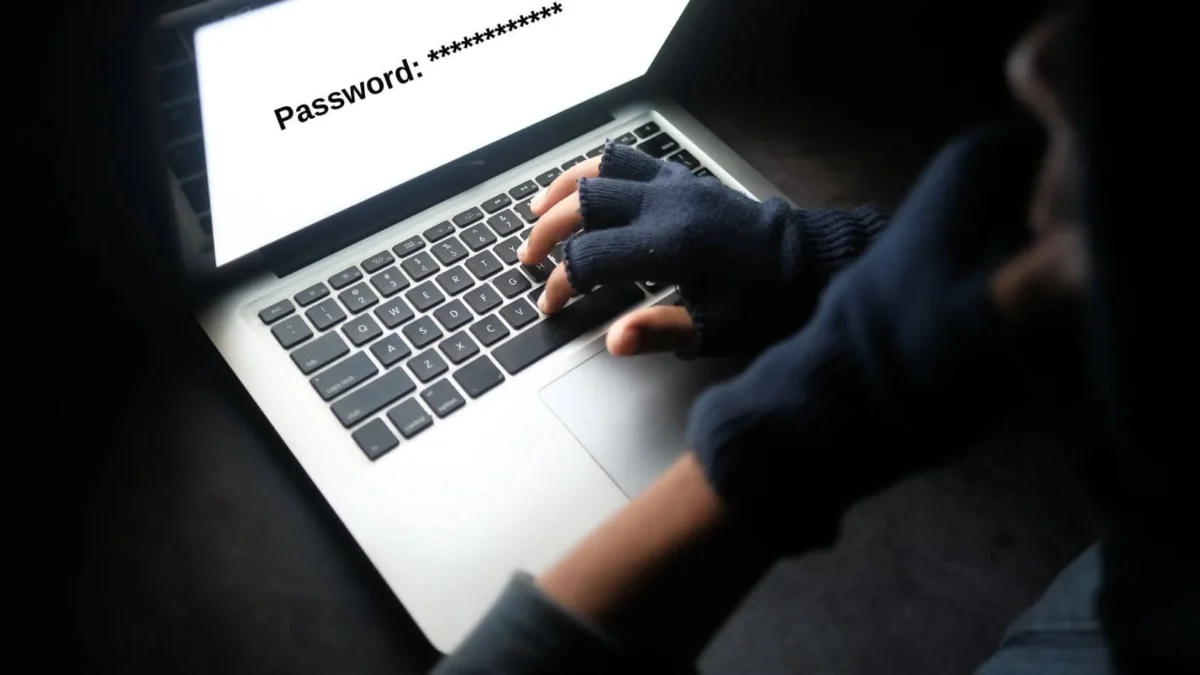
10 Cloud Security Best Practices You Must Implement
7 Ιουλίου, 2023
Windows 365 – what is it and what are the benefits?
25 Ιουλίου, 2023Learn how to create a sequence for a master password.
Yes, we’ve asked this before, and we need to ask again. How strong is your password?
We frequently come across cases where passwords are related to users’ personal lives. When we share our lives on online social media platforms, posting photos and names of our pets, children, and spouses, is it safe to use their names as passwords?
For most hackers, it’s become an easy game. Once a person is targeted, their social profiles are scanned for personal details. Hackers gather this information to access their company accounts. From a person’s personal account to a company’s secure network, it becomes an easy route for cybercriminals to breach an organisation’s security.
You might think, ‘They know my pet’s name, but I’ve used it with a combination of other characters.’ Using a pet’s name with a combination of your birth date or a common character like an exclamation mark isn’t a wise choice either. Such passwords can be easily guessed, allowing access to your email account.
When a cybercriminal identifies a target, they conduct thorough research on the web to gather as many details as possible. Most people only remember their recent posts; nobody thinks about what they’ve posted online over the years. Moreover, there may be accounts that you don’t use anymore, but you haven’t deleted them, so the data remains online. This becomes valuable information for dark web players.
Even if you’re uploading photos privately, your friends might be sharing them publicly. Furthermore, when you take photos, being mindful of your background can inadvertently reveal a lot of information about yourself or your workplace to someone seeking it.
Another significant issue is using the same password for all your accounts. If your Zoom account password is compromised, your official email account could also be at risk. This provides cybercriminals with new avenues to launch ransomware and other malicious attacks on a business network.
So, why do people use weak passwords despite knowing the risks involved?
It’s often our laziness that makes us vulnerable to cybercrime. Every employee is briefed by their respective IT department about password etiquette, yet we tend to fall back on what’s convenient for us. We’ve all been told not to write down passwords on paper or store them online.
So, how do you remember complex passwords? And it’s not just one password; you’re asked to create unique passwords for all your accounts. Many people find it daunting to remember 20-30 different passwords. So, is naming a pet the best option?
No! Not when we can help you create strong, unique passwords that are easy to remember.
Tips for Creating a Strong Password
A good password should be complex enough to be hard to guess. There are countless combinations you can use to create strong passwords.
- Create a formula: Think of a sequence, such as the name of your favourite person, followed by a favourite sport, then a number sequence, and finally special characters. Memorise this sequence or master password and plan how you’ll modify it for the next change.
- Use short names: Instead of using the full name of your friend, spouse, or pet, use just the first 3 letters. So, if the name you want to use is Nikos, simply use niK in the password.
- Favourite sport: Similarly, create a short word for your favourite sport. For example, for basket, use baS. Now the password might read niKbaS.
- Create a unique number: To add numbers, use the remaining letters from the names you used earlier and convert them into a number corresponding to that letter. For example, Nikos and Basket can be written as niK14baS11et520 (N = 14, b = 3, a = 1, s = 11, k = 5, e = 20, t = 5).
- Add special characters: Use special characters between two names and at the end. For example, niK14%baS11et520^
You can use variables like the name of a close friend, your first teacher, your favourite day, your most memorable day, and more. You only need to remember one sequence, so all your passwords for a specific period will be variations of that sequence. You can create various such variations. This way, you can use names of people you like while making it difficult for hackers to guess.
Some Best Practices for Strong Passwords
- Avoid using sequential numbers or letters, such as 1234.
- Don’t include personal information like a date of birth.
- Use a combination of letters, numbers, and special characters.
- Don’t reuse the same password.
In addition to this, a company may have password policies in place, such as:
- Minimum Password Age Policy
- Password history policy
- Minimum password length policy
- Password complexity policy
- Common Password Protection
Ready to strengthen your online security?
Don’t wait until it’s too late! Take the first step towards stronger protection today. For expert guidance and tailored solutions, contact us at OPENSHOP today. Your digital safety matters!





